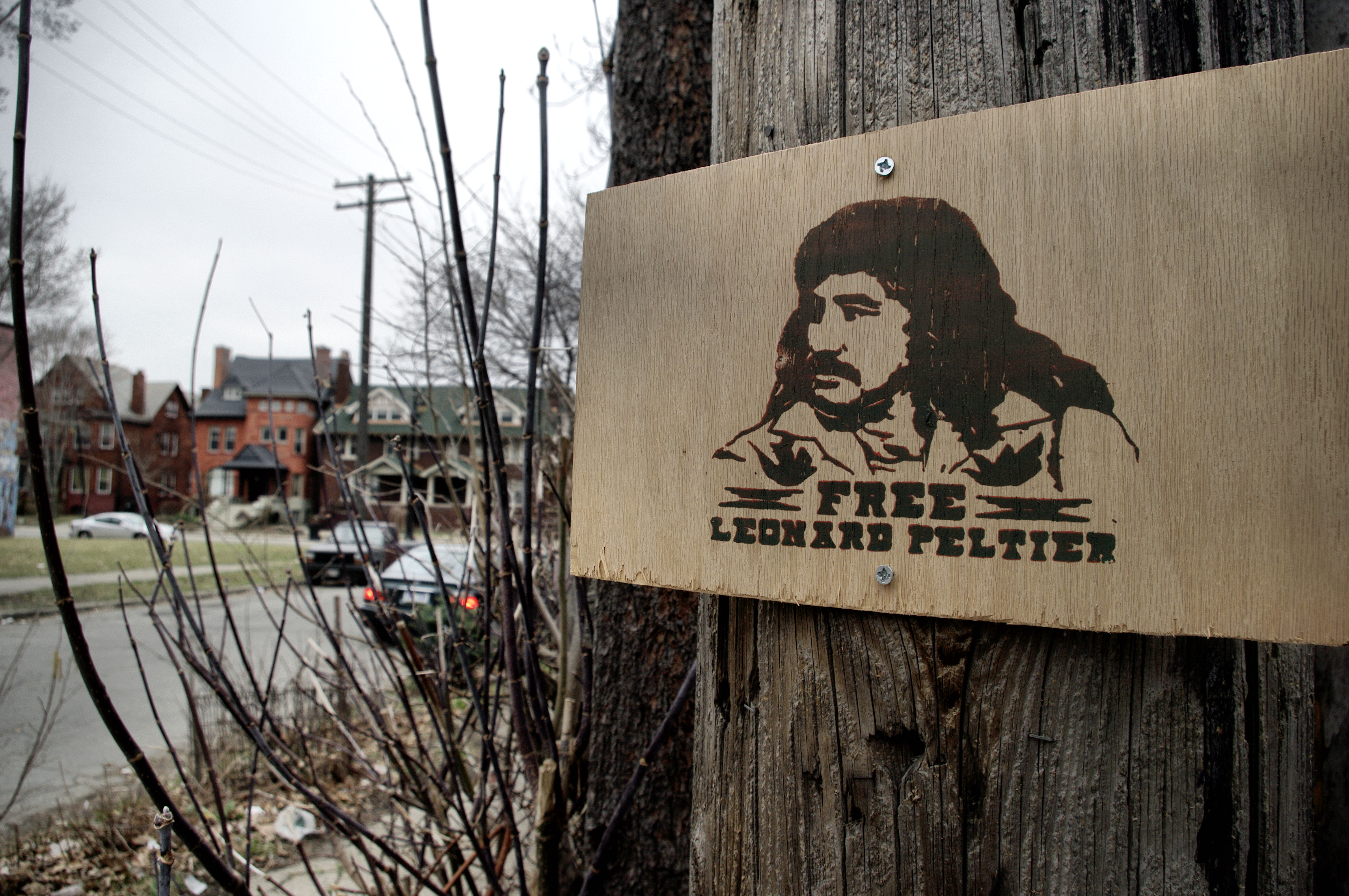Films To While Away The Time By- Humphrey Bogart’s “In A Lonely Place”
DVD Review
In A Lonely Place, starring Humphrey Bogart, Gloria Grahame, Columbia Pictures, 1950
I admit, admit up front, that I am partial to rugged windmill-chasing Humphrey Bogart roles like him as Sam Spade in The Maltese Falcon trying to get a little rough justice in this wicked old world and not afraid to take a beating for the cause, or bust up some wrong gee dreams in the process (although admittedly getting a little thrown off the tracks by a whiff of Mary Astor’s perfume, but that is to be expected). Or another windmill-chaser, Rick, in Casablanca when he knows, knows deep in his soul that the troubles of three love-stuck people in that wicked old World War II Nazi world didn’t amount to a “hill of beans” against the darkening night (although there too he was thrown off by that damn dame perfume). And what about his role in To Have And Have Not when he is again forced, as Captain Harry Morgan, to step it up a notch in that still wicked old World War II world (that time, come to think of it, he too got thrown off the tracks by a woman, by a whistler of all things).
After that big manly, windmill-chasing build-up, complete with cigarette, unfiltered, of course, Luckies probably, in hand it is hard to see old Bogie as kind of troubled, well, dope. A guy who can’t handle his emotions, or his fists, when some little breeze problem come s through the door. Against friend of foe, against some Johnny Rico or some frail. However that is exactly the problem before us as Bogie plays a troubled screen writer (aren’t they all, troubled that is, having to write some pretty tough stuff to earn their dollar a word).
Maybe I had better give you the “skinny” here so you’ll get my drift. Dix (Bogie) is a maybe “has been” writer who is in a dry spell. He invites a hat- check girl from the club home (what club? any club, any gin joint in the world) to give him the story line of a book that he is supposed to do the screenplay for. And that is all he wants. (Ya, I know that “come on” is weak but there it is). The problem: early next morning she is found dead, very dead, in some arroyo road side ditch. And Dix is primo suspect numero uno. Enter one lovely blond alibi, Lauren (played by Gloria Grahame), who had seen Dix sent the hat check girl off alone. Dix is still not off the hook though since downtown (the cops, okay) are not convinced that Dix didn’t do it. This unlikely pair begins an affair. The story then gets tense as Lauren (and others) begin to believe Dix did do it after he exhibited extreme anger (and violent acts) at the accusations. Well, Dix didn’t do it but he lost Laurel by his mad man American Psych 101 demeanor. And so he walks alone at the end, a contrite but broken man.
See, no foggy airfield sent-offs amid the clamor of war next fights, no fast boat get-aways to Free French territory and the fight continues, and no wacko stuff of dreams busted wiser man here, just alone. Bogie alone. Jesus.










